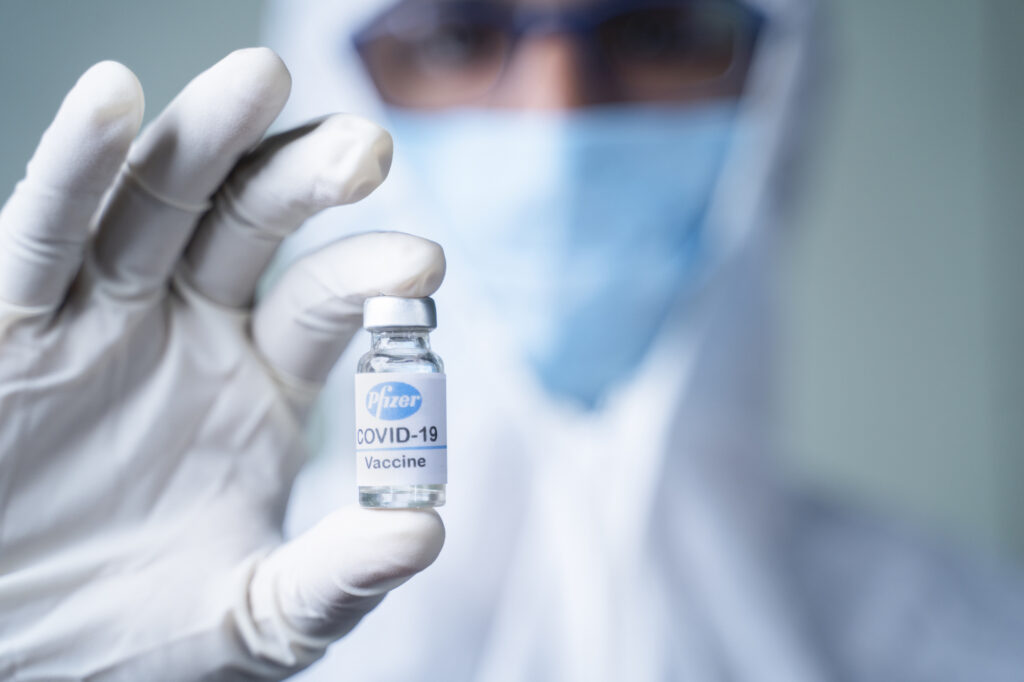Known collectively as our “gut microbiome,” the trillions of bacteria that thrive in our digestive tracts play important roles in human health, especially in the areas of digestion and immunity. But while these “probiotics” generally promote health, their relationship with our bodies is complex and only partly understood.
Scientists were reminded of this fact recently when they uncovered a link between a group of ordinarily beneficial gut bacteria and decreased effectiveness of the Covid-19 vaccine. And their findings may have far-reaching implications for the effectiveness of mRNA vaccines in general.
The Study
Researchers from the Okinawa Institute of Science and Technology (OIST) took stool and blood samples from 96 healthy participants living in Okinawa, starting before they received their first dose of the Covid mRNA vaccine, and ending a month after they received the second dose. The researchers then performed a broad analysis, looking at genes from immune cells in the blood and bacteria in the gut to see if there was any association with an individual’s T-cell and antibody levels.
While they didn’t find a significant link to antibodies, they did find that individuals with a lower post-vaccine T-cell response had higher levels of fucose digestion in their gut microbiomes prior to vaccination. Fucose is an essential sugar found in mushrooms, seaweed, and beer yeast.
Along with the high activity of fucose digestion, individuals with a reduced T-cell response had higher expression of two genes, FOS and ATF3, prior to vaccination, suggesting that the gut’s impact on the immune system occurs through a pathway that involves FOS and ATF3.
Conclusions
“The mechanism is not yet proven,” said study first author and PhD student Masato Hirota, “but we propose that fucose digestion leads to increased baseline expression of FOS and ATF3 in blood immune cells, which in turn weakens the response to the Covid-19 vaccine.”
This is important for assessing the vaccine’s overall effectiveness. “Not everyone who gets the same vaccine receives an equal level of protection, but we still don’t really understand why people respond so differently,” said Professor Hiroki Ishikawa of the OIST Immune Signal Unit. “If we can get to the bottom of what causes this variation, we could predict how an individual might respond to a vaccine and perhaps find new strategies to promote the immune response.”
While this research focused on the response to the Covid-19 Pfizer mRNA vaccine, the researchers believe their results could also be relevant for other mRNA vaccines in development that protect against a range of infectious diseases, and even cancer.






